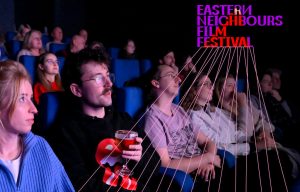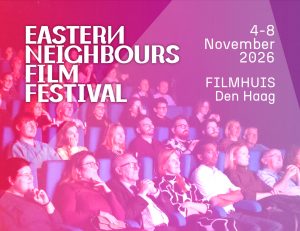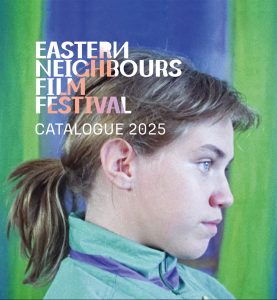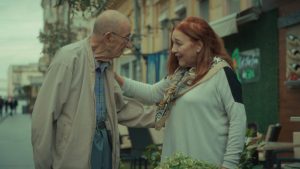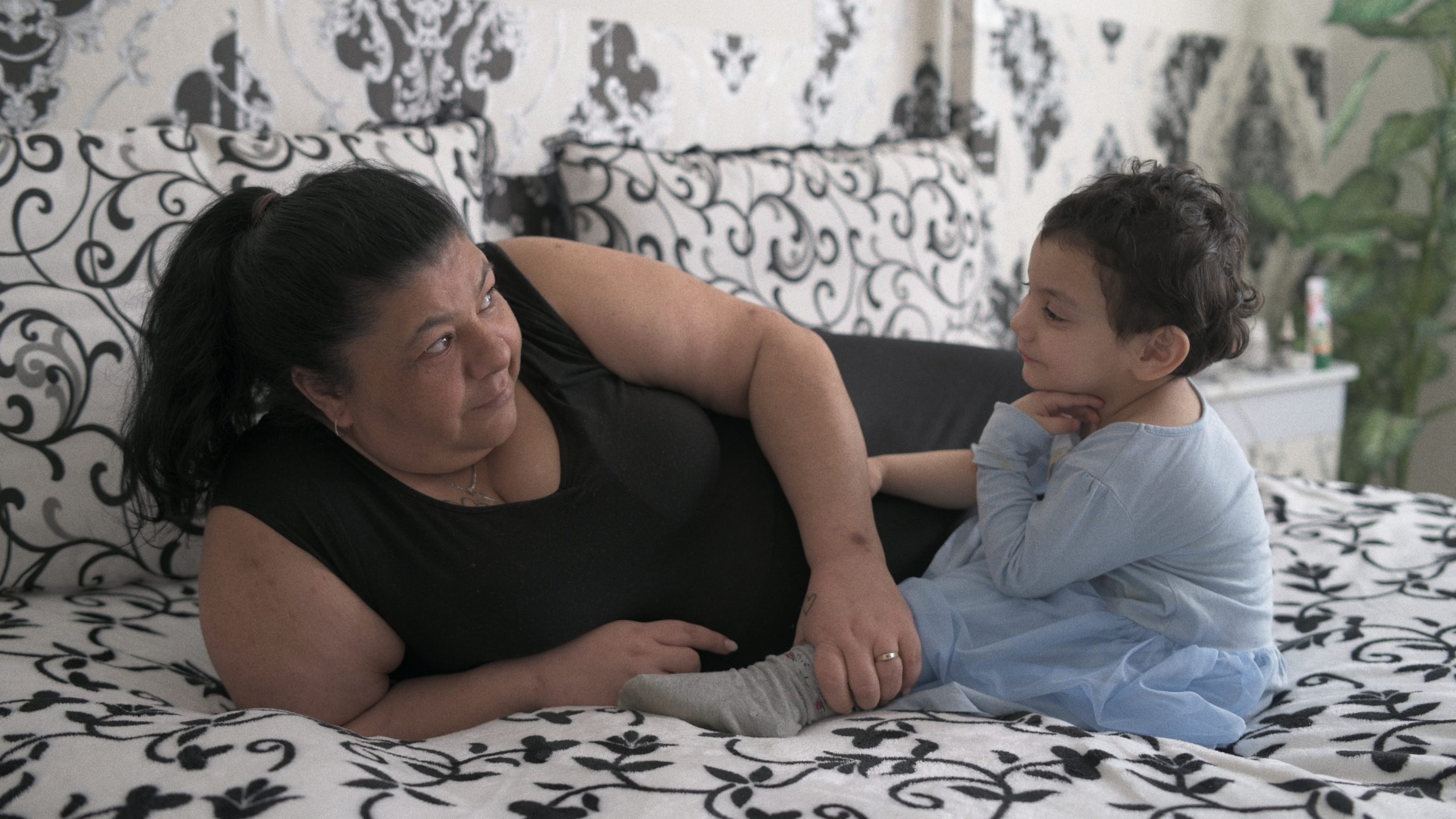
Dajori
A remarkable testament to the human spirit and resilience of a Roma mother who takes in her sister’s two children from the streets, confronting trauma and systemic neglect. Winner of the Original Approach and Audience Award at Ji.hlava 2024.
Dajori (meaning “mother” in Romani) tells the powerful story of Marie, a mother of three children who lives an ordinary life with her husband in a block of flats in a small Czech town on the border with Germany. When her younger sister ends up on the streets with her nine children, Marie steps in, taking two-year-old Anabel and nine-year-old Samuel into her already full household. Filmed over the course of three years, the documentary closely follows the evolving dynamics of a newly formed family, and Marie’s efforts to give these traumatised children the love and stability they need, while raising them according to her own values.
Grounded in the personal, everyday moments of the family, the film sheds light on the deeper, systemic issues at play in a world where minorities are often held solely responsible for societal disruptions.
DUTCH PREMIERE
Thursday 6 November at 16:30h
Sunday 9 November at 14:15h
Programme section: Docs Open Debates
Original title: Dajori | Year: 2024 | Duration: 87′
Country: Czechia | Language: Czech | Subtitles: English
Director: Martin Páv, Nicolas Kourek | Production: Jan Bodnár, Jarmila Poláková – Film & Sociologie; Česká televize, Media Voice | Screenplay: Martin Páv, Nicolas Kourek | Cinematography: Martin Páv | Editing: Matěj Beran | Sound: Adam Bláha, Nicolas Kourek
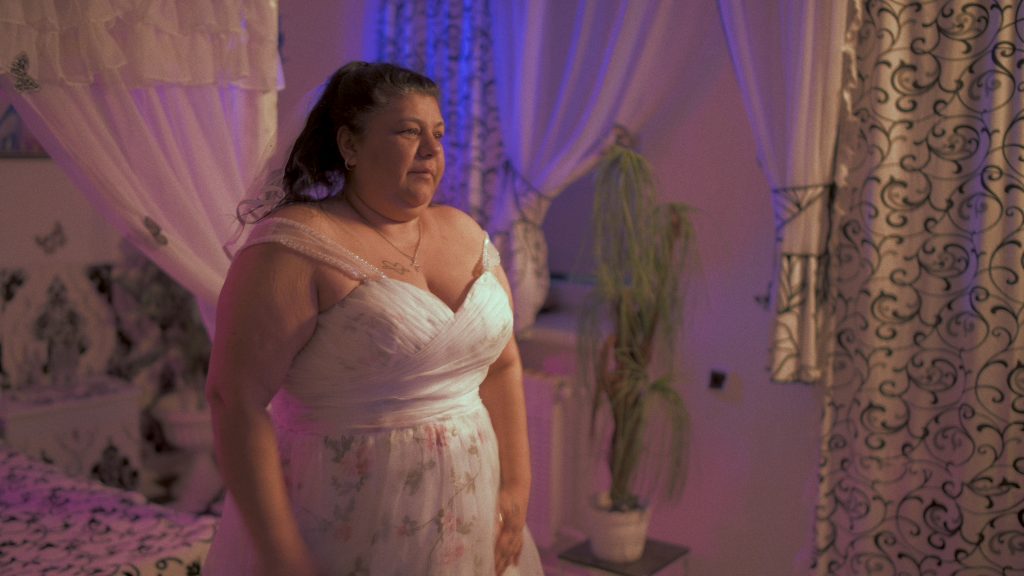
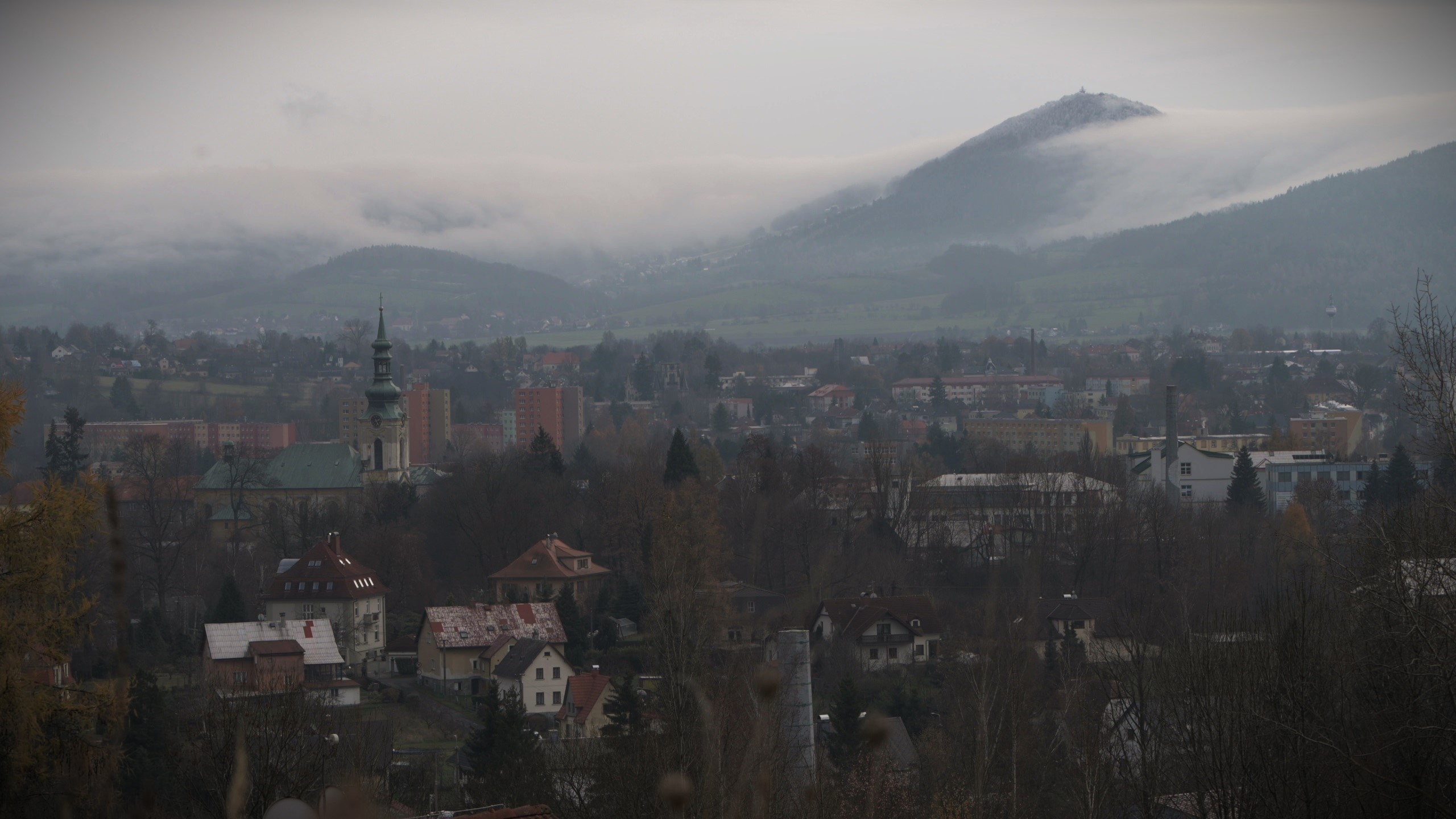
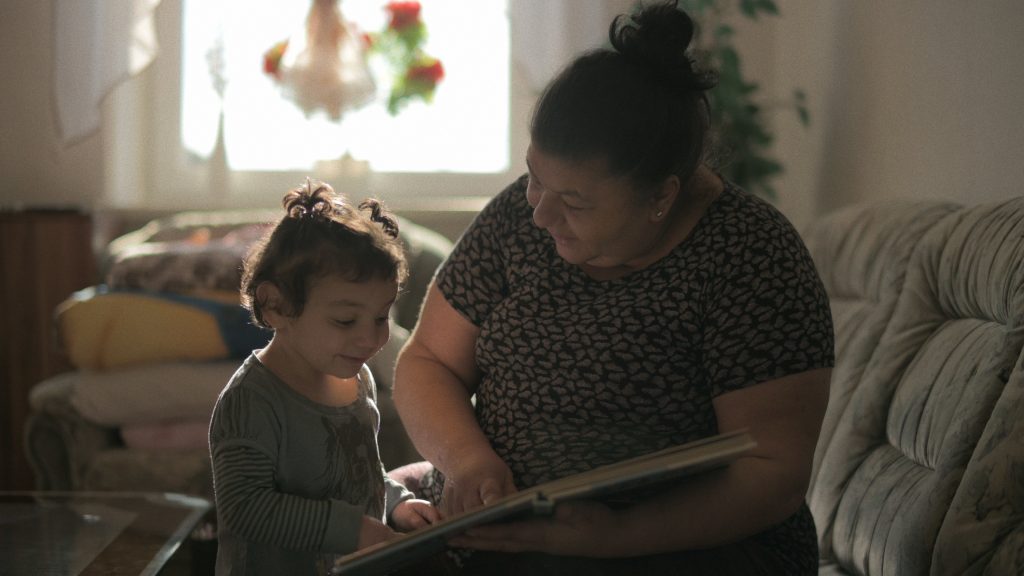
FESTIVALS & AWARDS (SELECTION)
Ji.hlava International Documentary Film Festival, 2024 – World Premiere, Audience Award, Award for Original Approach | Czech Film Critics’ Awards, 2024 – Nominated for Best Documentary
DIRECTORS’ STATEMENT
This documentary isn’t a moral critique or social agitprop – it’s about love, family, and the struggles of growing up. We wanted to show the complexity of life without offering prescriptive solutions. The ordinary details of life can be far more compelling than labelling people as “good” or “bad”. In the mundane, there’s a quiet power that speaks volumes. I believe that our film’s poetics can convey much more than numbers or data.
DIRECTORS’ BIO
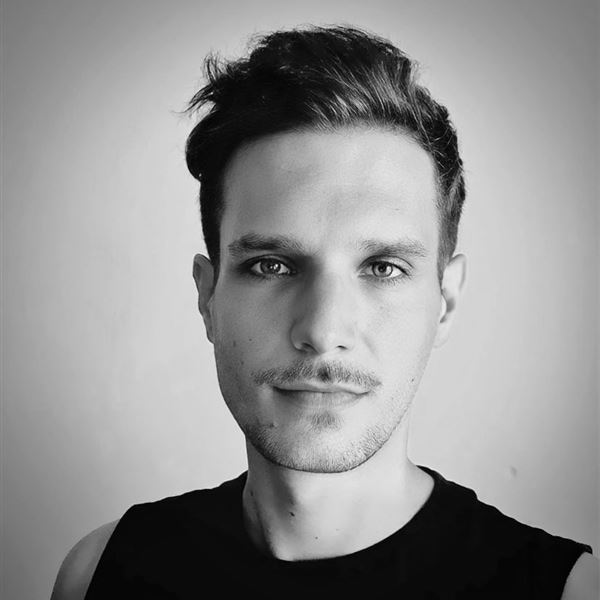
Martin Páv (1992) studied directing at Film and TV School of Academy of Performing Arts in Prague and is pursuing a PhD at the Metropolitan University Prague, where he is researching informal settlements in Nairobi. In his fiction and documentary work, he focuses on themes such as the relationship between man and nature and postcolonial identity. His feature documentary debut “Vote for Kibera” (2018), for which he won the Audience Award, was screened at the Ji.hlava IDFF, as well as his second documentary “Wolves at the Borders” (2020), which received a Special Jury Mention.
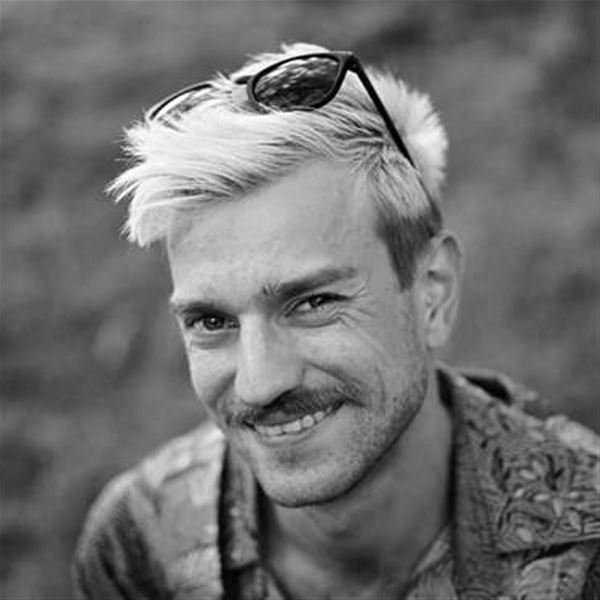
Nicolas Kourek has been a member of the editorial team of A2 Cultural Fortnightly for six years. Together with Martin Páv, he has directed several works for the documentary programmes “Queer” and “Don’t Give Up!” for Czech Television. In 2023 he co-founded the cultural and community centre Silo Jihlava, and this year he founded and became the director of the literary festival Knihlava. As a producer, he has created or been part of many diverse cultural events. He has been involved in several international Roma days and the Football Against Racism in the Vysočina region.


